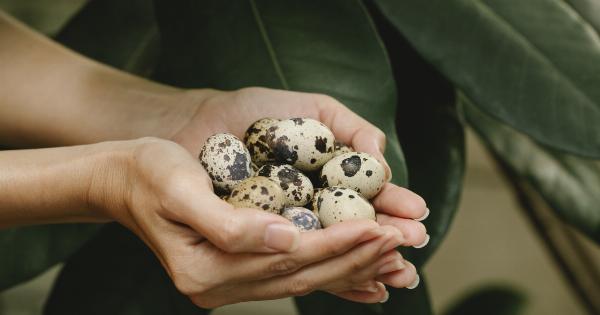Following veganism has become the latest dietary change embraced by several people worldwide for ethical, environmental, and health reasons.
The diet includes the elimination of all animal products, including meat, dairy, and eggs, and consuming plant-based food. However, researchers now suggest that following a vegan diet may increase the risk of hip fractures in females.
Vegan diet and its connection to hip fractures
A recent study of more than 50,000 respondents, conducted by researchers at the Oxford University, found that vegans have a 43% higher risk of hip fractures compared to meat-eaters.
The study also found that vegetarians and pescatarians had a 9% and 25% increased risk of hip fractures, respectively.
The researchers believe that the increased risk could be due to the fact that vegans tend to consume fewer nutrients that help build bones, such as protein, calcium, and vitamin D.
Since bones are living tissues that constantly break down and renew themselves, they require nutrients to form the new bone. If there is a deficiency of nutrients, bones can become weak and brittle, leading to fractures.
Nutrient deficiency and hip fractures
Protein deficiency is the most common and crucial nutrient deficiency in a vegan diet. Good quality protein is essential for building muscle tissues, cartilage, and bones. It is found in abundance in animal products such as meat, fish, dairy, and eggs.
Vegan sources of protein, such as legumes, nuts, and seeds, are not as readily absorbed by the body.
Calcium is another important nutrient that ensures healthy bones and teeth. The mineral is abundant in animal products such as milk, cheese, and yoghurt. Vegan diets rely mostly on plant-based sources of calcium, such as kale, broccoli, and tofu.
These sources are absorbed less efficiently than the calcium in animal products. Vitamin D is also essential for calcium absorption and bone strength. The vitamin is present in fatty fish, egg yolks, and some fortified foods. However, it is absent in most plant-based foods.
This makes it difficult for vegans to get enough vitamin D without taking supplements or getting regular sun exposure.
Prevention of hip fractures in vegans
Vegans can prevent the risk of hip fractures by ensuring they intake enough protein, calcium, vitamin D, and other essential nutrients.
Incorporating protein sources such as lentils, tofu, tempeh, seitan, and quinoa in their diet can help provide enough protein. Calcium-rich plant sources such as almonds, kale, broccoli, figs, and some fortified foods can provide enough calcium for vegans. Supplementation of vitamin D is also crucial for vegans.
Aside from diet, vegans can also engage in weight-bearing exercises such as running, jumping, and hopping, as it helps build bone mass and strength. The exercises stimulate the bones to become more dense and reduce the risk of hip fractures.
Including resistance exercises such as lifting weights also helps strengthen bones.
Conclusion
The benefits of veganism, such as better heart health and reduced risk of cancer, cannot be ignored. However, the lack of proper planning and knowledge may lead to nutrient deficiencies and an increased risk of hip fractures.
Vegans must ensure they consume enough protein, calcium, vitamin D, and other essential nutrients to prevent the risk of hip fractures. Engaging in weight-bearing and resistance exercises can also help reduce the risk.





























